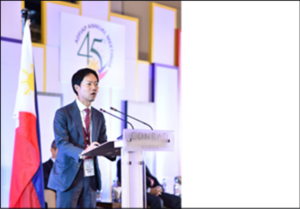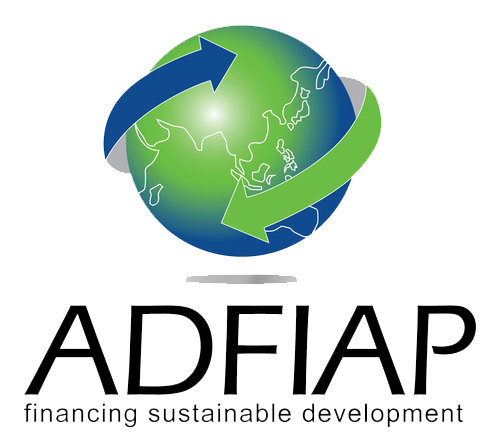Presented by: Hiroyuki Hasei
Development Bank of Japan
 There are numerous challenges and issues to achieving carbon neutrality in Japan. One is Japan’s geographic and natural resource constraints; the country is reliant on gas and nuclear energy for base-load power, so financing its transition is critical to the decarbonization of carbon-intensive industries. Many businesses intend to achieve carbon neutrality by 2050, but 60% are unsure when this will occur. They need policy support to achieve long-term carbon neutrality.
There are numerous challenges and issues to achieving carbon neutrality in Japan. One is Japan’s geographic and natural resource constraints; the country is reliant on gas and nuclear energy for base-load power, so financing its transition is critical to the decarbonization of carbon-intensive industries. Many businesses intend to achieve carbon neutrality by 2050, but 60% are unsure when this will occur. They need policy support to achieve long-term carbon neutrality.
Technological issues and development costs, particularly in the manufacturing sector, are some of the challenges of net-zero actions. Firms also ask for subsidies and tax breaks, followed by standard-setting and collaboration within and across industries. Because many carbon-intensive industries have chosen transitions as their primary means of achieving carbon neutrality, human resource development to improve environmental education and innovation is also required.
DBJ supported the transition to carbon neutrality across Japan through industry and policy partnerships, arranging a syndicated transition loan for Mitsui O.S.K. Lines, a first in Japan selected by the Ministry of Economy, Trade, and Industry (METI) as a Climate Transition Finance Model Project. DBJ has also agreed to invest in the Clean H2 Infra Fund S.L.P. DBJ’s goal is to promote carbon neutrality in Japan by acquiring the advanced expertise required and returning the benefits to society.
DBJ also participated in the Brookfield Global Transition Fund (BGTF*) in December 2021, Brookfield’s first transition-focused fund, launched in July 2021. According to the DBJ Group, Japanese companies need to understand international trends and projects that will assist them in transitioning to carbon neutrality. The investment in BGTF is made not only for financial gain but also to gain information about financing transition and to foster relationships with the Brookfield team to achieve their mission of financing transitions.
In 2021, DBJ, Daio Paper Corporation (Daio), and Marusumi Paper Co., Ltd. (Marusumi) established the Shikokuchuo City Carbon Neutrality Council (“the Council”) in collaboration with the local government and regional banks. Shikokuchuo City is home to the paper manufacturing plants of Daio and Marusumi. They are currently required to use a certain amount of fossil fuels, but by the end of FY2022, they must respond to the government’s declaration to become “CN by 2050.” By the end of FY2022, the council hopes to have developed specific measures and roadmaps.
Watch the full speech on ADFIAP DevTalks: https://youtu.be/DrGuhypmcV0
